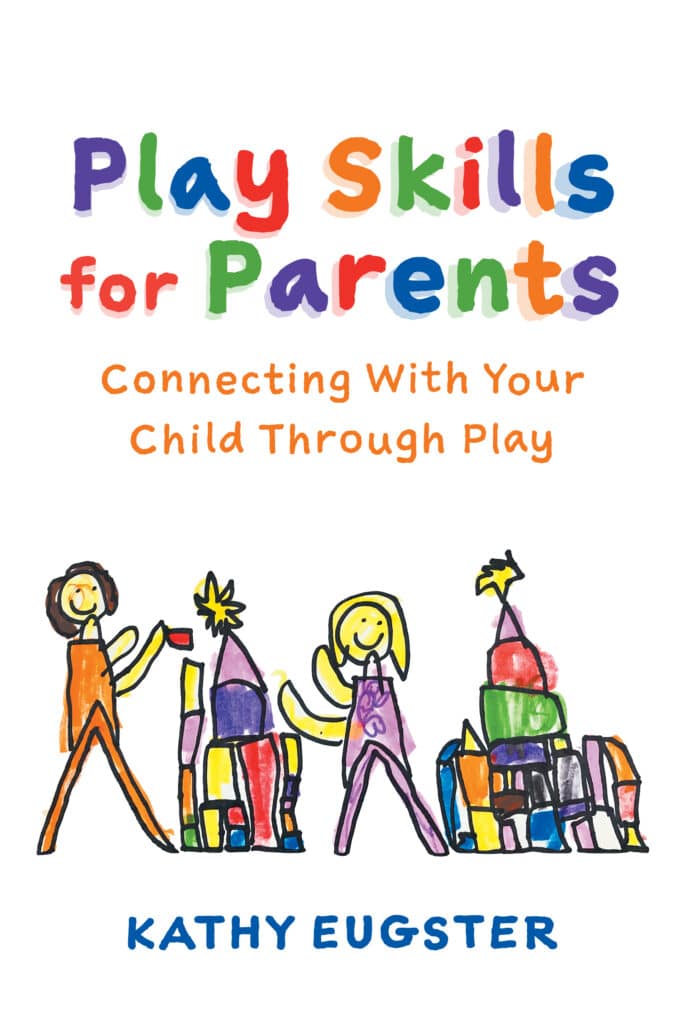Parents, do not despair. You have rights and no longer need to choose between your career and your children.
As a Human Rights lawyer and a father of two young gentlemen, I understand both the legal and practical aspects of the balancing act parents have to go through in order to fully engage in family life while maintaining their careers
I am pleased to report that parents in BC enjoy an increasingly robust set of laws that protect their jobs, ensure they can satisfy their childcare obligations and not be subject to discrimination on the basis that they have chosen to start a family. Those laws have adapted to ensure that adoptive, biological, foster and other parenting arrangements are protected.
Two of the key pieces of legislation that offer parents and guardians protection are the BC Human Rights Code and the BC Employment Standards Act.
Human Rights Protections
Section 13 of the Human Rights Code prohibits employers from discriminating against employees on the basis that they may or do have children or guardianship. Discrimination can range from being treated negatively (such as being passed over for a promotion or bonus, or being the subject of jokes or remarks) to being fired.
While the BC Human Rights Code does not specifically state that parents or parenting choices must be protected from childcare obligations, the case law has developed to provide this protection under the heading “family status”. This means that under certain circumstances, such as those I touch on below, parents have strong legal protections under the Code.
Pregnancy & Status as a Parent or Guardian
It is illegal to discriminate against a woman on the basis that she wants to or does become pregnant, or because she wants to or does take maternity leave. Pregnancy and maternity leave are protected by the prohibition in the Code against discrimination based on a person’s sex.
For example, if a mom-to-be requires time off for medical complications due to her pregnancy or she takes maternity leave, her employer is required to accommodate that time off of work and leave her position open for her return unless to do so would be unduly hard on the employer.
Likewise, the law protects a parent’s right to take parental leave after a birth or adoption and employers have to accommodate parental leave to the point of undue hardship.
Proving undue hardship by an employer is very difficult and most employers in BC would be hard-pressed to prove that it would suffer undue hardship in accommodating a maternity leave, parental or parenting-related medical leave.
Childcare Obligations
Accommodation of childcare responsibilities is another hot topic that has received a great deal of attention by Canadian Courts and Tribunals recently. Specifically, the Courts and Human Rights tribunals have been called upon to address whether employers must accommodate employees’ childcare obligations.
While the BC Human Rights Code does not specifically address childcare obligations explicitly, the law has developed to include childcare obligations within the family status protections in the Code.
In 2014, the Federal Court of Canada clarified the legal test to assess when an employer must accommodate employee childcare obligations. The test defined by the Court can be summarized as follows:
The child is under the employee’s care and supervision;
The childcare obligation is required because the employee is legally responsible for the child; it is not simply a personal choice;
The employee has made reasonable efforts to meet his or her childcare obligations through reasonable alternatives, but no such alternative solution is reasonably accessible; and
The workplace rule at issue interferes with fulfilling the childcare obligation in more than a trivial or insubstantial way.
The Federal Court’s position on childcare accommodation was heavily criticized because it obligated employees with childcare issues to go to great lengths to find alternative solutions before requiring an employer to accommodate them (whereas people claiming accommodation for other issues such as disability, were not legally required to go to such lengths). Essentially, the criticism was that under the Federal Court rulings, if the employee made significant effort to find alternative childcare options, but was unable to do so, then an employer had a legal obligation to accommodate the employee’s childcare obligations (by providing time off, an alternate schedule, etc.).
However, in 2016 the Ontario Human Rights Tribunal ruled that employees should not be required to meet a more stringent test than those with other issues before being entitled to accommodation from employers.
In its decision in Misetich v. Value Village Stores Inc., 2016 HRTO 1229, the Tribunal abandoned the Federal Court test in favour of a more balanced and fair approach. Under Misetich, employees now just need to establish that there is a “real disadvantage to the parent/child relationship and the responsibilities that flow from that relationship, and/or to the employee’s work” and then the employer will be required to accommodate.
While the more balanced approach has been rolled out in Ontario, I expect that it will be followed by other Tribunals and will become the standard nationwide.
Employment Standards Protections
The BC Employment Standards Act also provides an additional layer of legal protection for parents in BC. For example, under the Act, a pregnant employee is entitled to up to 17 weeks of unpaid leave from work for the purposes of birth or termination of a pregnancy, with additional time available if required due to issues arising from the pregnancy or termination. The pregnancy leave is supplemented by the right to up to 35 weeks’ parental leave, which is available to adoptive parents.
In addition, the Act entitles employees up to five unpaid days per year to attend to the “care, health or education of a child in the employee’s care”.
If an employee takes any of the above leaves under the Act, the employer cannot dismiss the employee or change a condition of his or her employment. Instead, the employer must place the employee in the same or a comparable position on his or her return after the leave.
Summary
This is a very brief overview of some of the protections that are in place for parents in BC, and is meant to illustrate how the legal needs and rights of parents are being addressed by the law in British Columbia. The law is changing in very positive ways and helping to alleviate the historical parenting conundrum: whether to choose career or family. Making employees choose between either having fulfilling employment or engaging in family life is not only unfair but in many cases it is illegal as well.
If you feel you are facing discrimination or negative treatment as a result of your status as a parent, get some advice right away. You might be surprised by how strong your rights are!
Richard B. Johnson is a Human Rights and Employment Lawyer at Kent Employment Law, Vancouver, BC.
Richard is married to his wonderful wife Shellee, and is the father of two young gentlemen.
Kent Employment Law
Suite 560 – 1285 West Broadway
Vancouver BC V6H 3X8
Tel: 604-266-7006
Fax: 604-734-7006
richard@kentemploymentlaw.com













